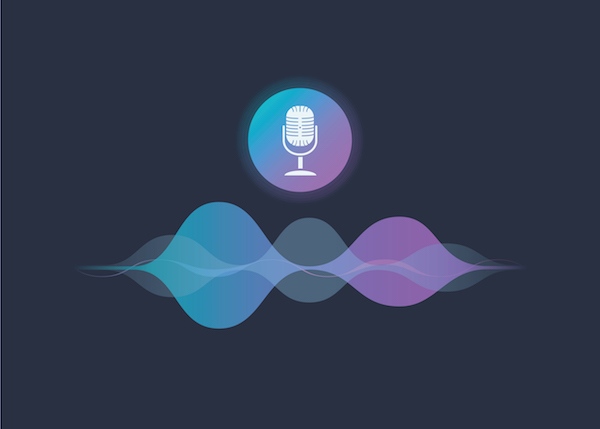Weekly IP Buzz for the week ending June 7, 2019
Here's a summary of interesting developments in intellectual property, technology, social media, and Internet law for the week ending June 7, 2019.
Amazon’s New Wake-Word Patent Application Raises Privacy Concerns
A recent patent application filed by Amazon has raised eyebrows and reignited debate about consumer privacy in relation to artificial intelligence (“AI”) assistants. One of Amazon’s latest patent applications covers a method for Amazon’s AI-assistant, “Alexa,” to start recording before the trigger or use of the device’s wake word.
What Are Wake Words for AI’s?
For those unfamiliar with AI-assistants, a “wake word” is the word that a user says to activate the AI-assistant. Typically, by default, AI-assistants are named by their respective companies and respond to their “names.” For example, iPhone users may be familiar with “Siri,” Microsoft users with “Cortana,” and Amazon users with “Alexa.”
Long before the technology was available, however, science fiction fans may have become familiar with wake words if they watched “Star Trek: The Next Generation” where Captain Jean-Luc Picard would use the wake word, “Computer” when he ordered his trademark “Earl Grey Tea, hot.”
Thus, the phrase “wake word” came about because the use of that particular word would “wake” the device from idle and tell it to begin “listening” to the user.
What’s New in Amazon’s Wake Word Patent Application?
With Amazon’s recent patent application, however, technology would allow users to use the “wake word” later in a sentence command. For instance, instead of saying “Alexa, play music,” the user would now be able to say, “Play music, Alexa.” While Amazon says this innovation is designed to allow users to “speak” to their AI-assistants more naturally, this new method also means that AI-assistants would potentially be recording much more of a user’s speech in order to listen for the wake word instead of the current method that only begins recording after the utterance of the wake word.
As privacy experts are already concerned with Amazon’s current practice of recording user’s speech and sending it back to Amazon servers without the option to “opt-out” or delete such recordings, the technology disclosed in this new patent application would give Amazon’s Alexa the ability and opportunity to record more user data and speech. While Amazon has always argued that their recordings are used to better tune Alexa in relation to human speech, this new technology would arguably give Amazon even more reason to record lengthier portions of a consumer’s speech, even before addressing the AI-assistant with the wake word.
Read the full article here.
An Evolution of Google Artificial Intelligence: Virtual Assistant Privacy Concerns
In a separate announcement, much quieter than the heralding of Nest and Google Hardware Teams uniting, Google announced that it would no longer maintain the “Works with Nest” program by the end of this summer. And, as an alternative, Google announced that companies are welcome to join the “Works with Google Assistant” program, which allows companies to opt-in to support technology of Google’s AI virtual assistant. But, what are the privacy concerns involved?
Out of Nest and Into Google AI: The Cost to Consumers
Devices that previously were “Nest-compatible” must now be, in essence, “Google-compatible.” Further, Google has announced that in phasing out of Nest accounts, it would no longer allow the creation of new Nest accounts. Google further “strongly” encourages Nest users to migrate their pre-existing Nest accounts over to Google fully, because it is likely they could lose access to upcoming features and future technical support.
Google says that the decision to phase out of Nest accounts is business-centric because it would be costly and inefficient to support and maintain two separate account infrastructures. However, privacy experts and opponents of the merge heed caution of virtual assistant privacy concerns. Critics caution that the erosion of such account division is merely another veiled move of Google to collect more information on consumers through Google’s virtual assistant.
Find the full article here.
Click to read the previous Weekly IP Buzz.
For more posts, see our Intellectual Property Law Blog.
--------
Darin M. Klemchuk is founder of Klemchuk LLP, a litigation, intellectual property, and transactional law firm located in Dallas, Texas. He also co-founded Project K, a charitable movement devoted to changing the world one random act of kindness at a time, and publishes Thriving Attorney, a blog dedicated to exploring the business of the practice of law, productivity and performance for attorneys, and other topics such as law firm leadership and management, law firm culture, and business development for attorneys.
Click to learn more about Darin M. Klemchuk's law practice as an intellectual property lawyer.


